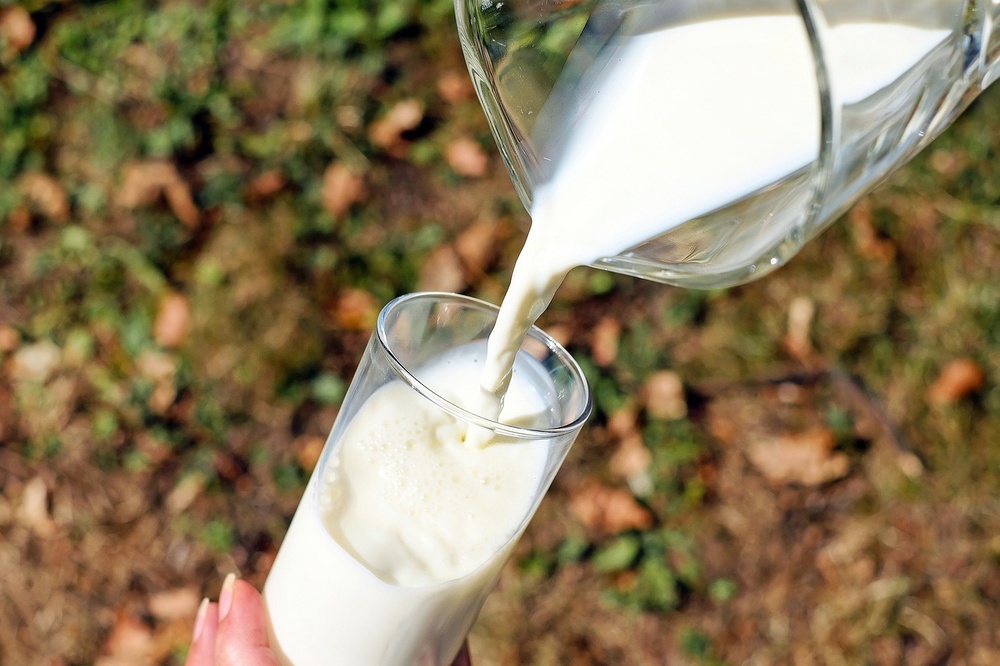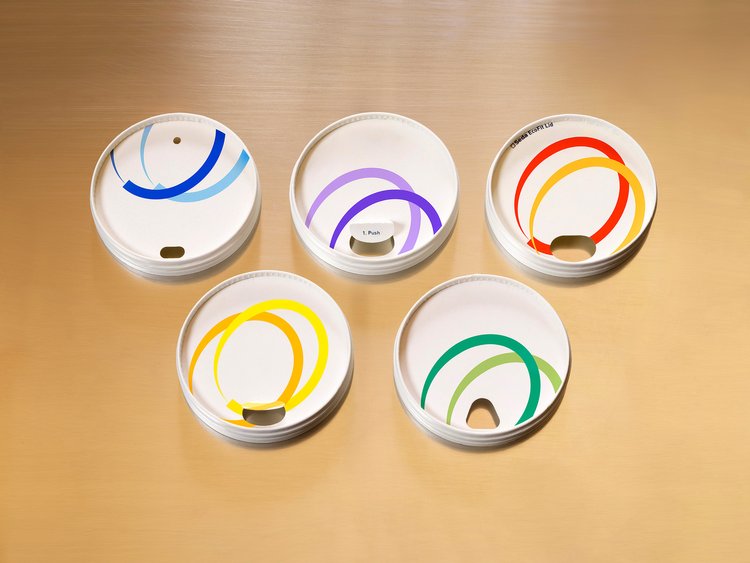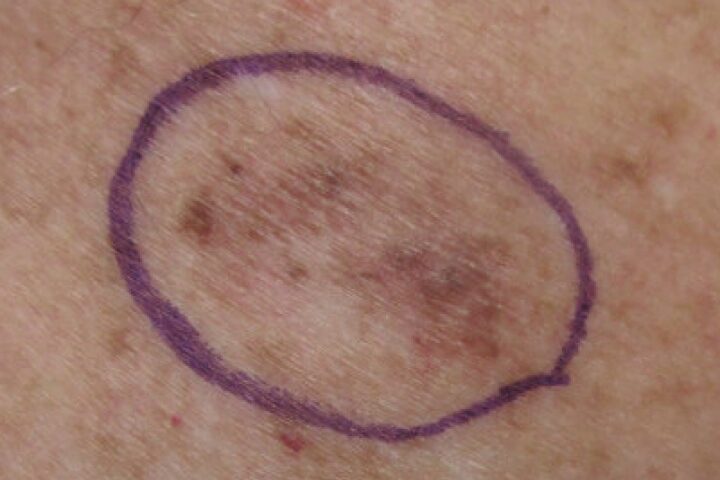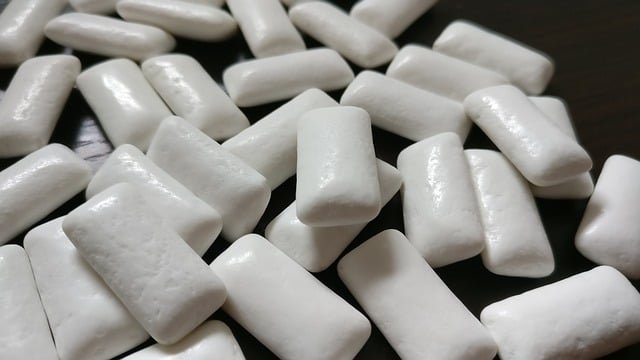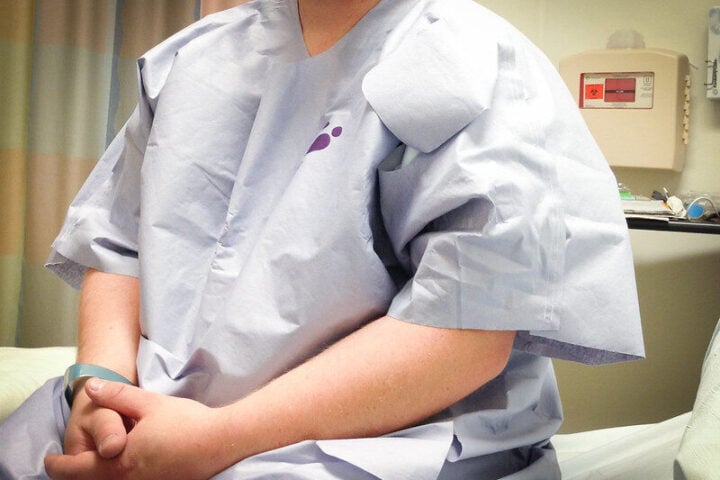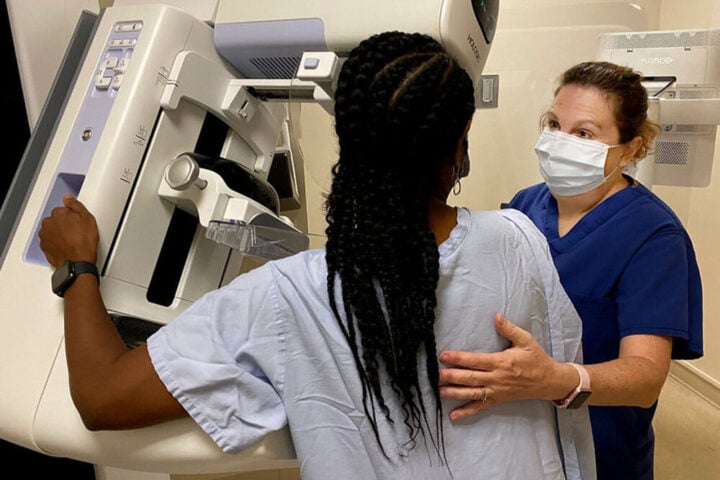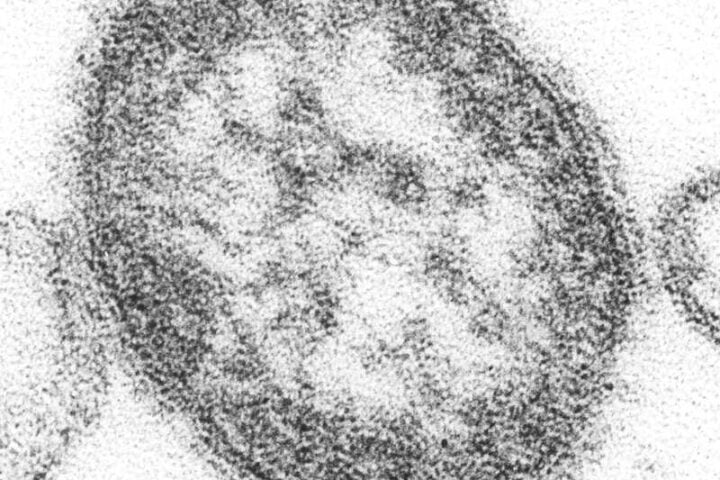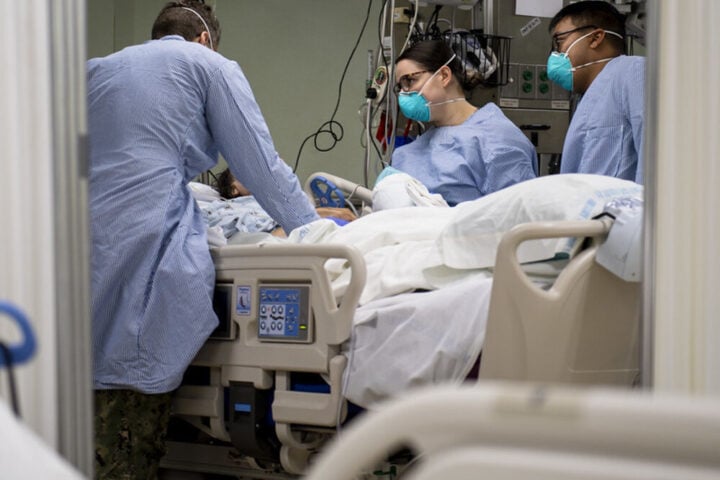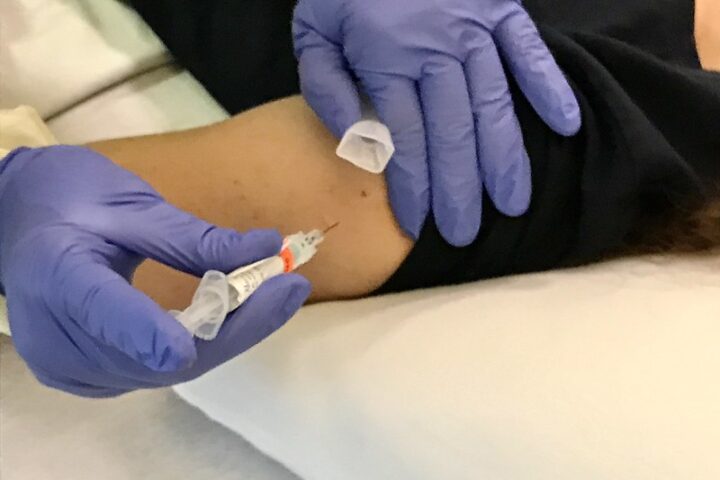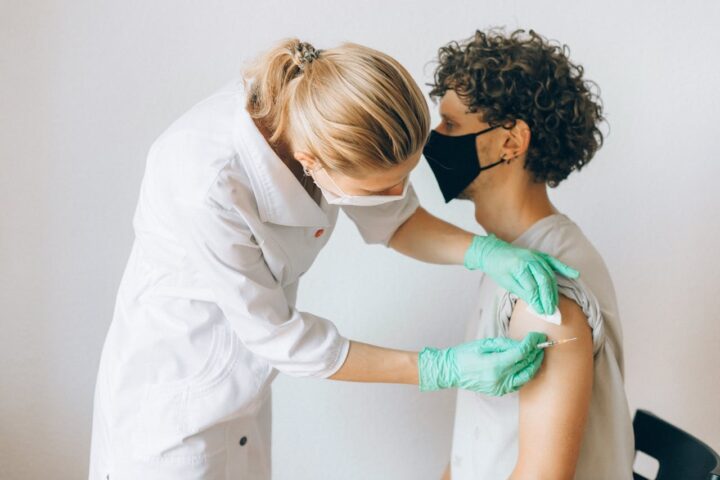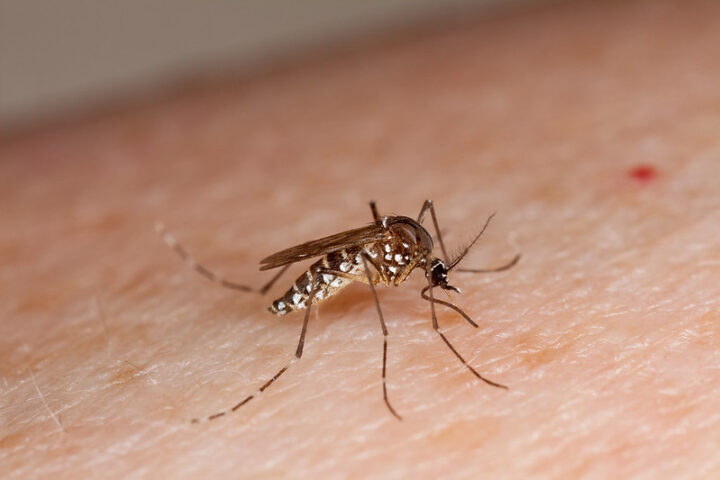According to new research, the same heat treatment that makes your daily glass of milk safe to drink also protects against bird flu viruses. Scientists found that regular milk pasteurization – the heating process used at dairy plants across the country – effectively destroys influenza viruses while keeping milk safe and nutritious.
“It seems like this bird flu virus is pretty easy to inactivate by heat treatment,” says John Lucey from the Center for Dairy Research. This matters for families buying milk at grocery stores, as the standard pasteurization process used for decades continues to protect consumers.
During pasteurization, milk is heated to either 63°C for 30 minutes or a quicker 72°C for 15 seconds. Just as heat changes an object’s properties, pasteurization alters viruses so they can’t cause illness. The process works the same whether you choose whole milk, 2%, or skim milk.
The timing of this research matters. Since 2003, bird flu has infected 889 people worldwide, with 463 deaths. When the virus appeared in American dairy cows in 2024, it raised questions about milk safety. The research shows that pasteurized milk processed according to FDA standards remains safe for consumption.
Similar Posts
However, unpasteurized or “raw” milk can still carry active viruses. This creates confusion when some cheese labels say “raw” even after heat treatment. Lucey explains: “Something will be labelled raw by the FDA for cheese purposes, even though it might have a heat treatment that’s pretty significant.”
Scientists continue improving milk safety monitoring. Researchers from Penn State, Cornell University, and IBM Research are developing artificial intelligence approaches to enhance dairy safety by analyzing microbial data in milk. These advances add extra protection beyond pasteurization.
The research tested multiple strains of bird flu virus, including H5N1, which recently concerned dairy farmers. Results showed that pasteurization destroys the virus quickly – within seconds – though testing equipment might still detect harmless virus fragments afterwards.
For consumers, this confirms what food safety experts have long advised: properly pasteurized milk provides safe nutrition. The same process that has protected milk drinkers since Louis Pasteur’s discovery 150 years ago continues to work against today’s health challenges.
